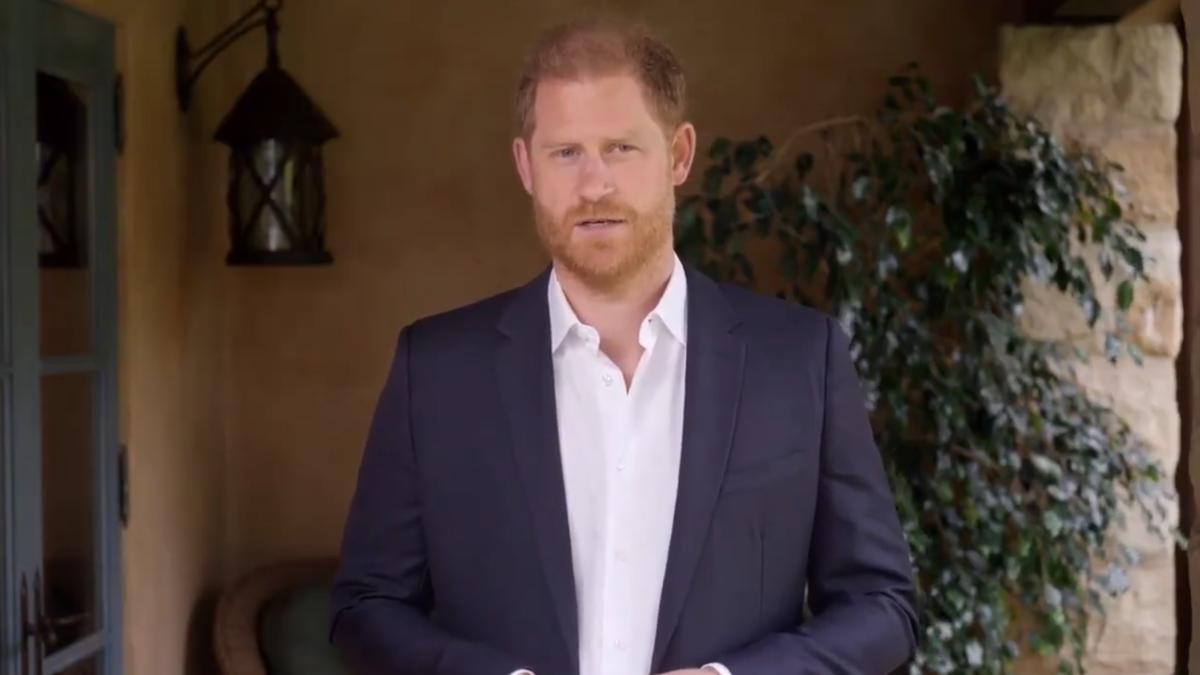Dalata for Sale? Ireland's Largest Hotel Operator Is a Window into Europe's Market

Skift Take
Dalata Hotel Group, Ireland's largest hotel operator, began a strategic review this month that could lead to a sale of the company, spotlighting investor appetite for European hospitality assets.
This review, with guidance from Rothschild & Co, could lead to a sale. However, as of the March 6 announcement, the company wasn't in talks with potential suitors.
Dalata's review comes as European hotel assets attract increasing interest from international investors seeking inflation hedges and exposure to resilient travel demand.
Dalata runs 55 hotels, primarily under the Clayton and Maldron brands. A majority are in Dublin and London. Its hotel assets were valued at €1.7 billion as of December 31.
Dalata's Prospects
While deal activity trended upward in Europe last year, Dalata has specific characteristics that will affect the interest of potential joint venture partners or acquirers.
Relatively large, asset-heavy portfolio acquisitions can be complex.
"About half of the transactions last year were of portfolios in the UK, but unlike Dalata, the deals were not a mix of leasehold and freehold interests,” said Adam Maclennan, partner, managing director - head of UK & Ireland at international hospitality consultancy firm PKF Hospitality Group.
Dalata's portfolio includes 30 owned hotels. The group also operates 22 leased hotels, most on long-term institutional lease agreements with a weighted average lease length of 29 years and rent cover of 1.7x. It also runs a few properties via management contracts.
"Having a hybrid tenure structure in one business is extremely confusing for the outside world looking in, and what it really looks like to me and to the market, I suppose, is a growth strategy rather than a real estate strategy,” said William Laxton, CEO of real estate investment manager Mactaggart Family & Partners.
“It's an awkward split," Laxton said. "The leases are inconsistent. They don't have the same expiry, the same mechanisms, or the same rent review provisions, and all of that means that a buyer is unlikely, especially at this kind of quantum, to want all of it."
"It needs to be split, I would say, to realize value,” added Laxton.
Investor Sentiment and Market Drivers
The European hotel asset market is currently experiencing investor interest: "2024 was a pretty good year for real estate transactions in the hotel sector in the UK and Ireland," said Maclennan. "London and Dublin had particularly strong years."
Maclennan partly attributed dealmaking to the relative attractiveness of cash-flowing assets.
“North American inbound into Europe has been extremely strong, with a strong dollar and a post-Covid appetite to travel. And I think lots of these things have made hospitality very interesting again,” said Laxton.
However, the market is not without its challenges. Uncertainty surrounding inflation and geopolitical events is causing some investors to exercise caution.
"Geopolitical tensions are increasing uncertainty, and some recent investors are stepping back for a moment to wait and see what happens next," Maclennan said.
M&A Trends and Investor Strategies
The European hotel sector is witnessing a mix of strategic and financial investments.
Portfolio transactions were notably prevalent in the UK last year, with international investors playing a significant role.
“The UK and Ireland are relative safe havens for international investors," Maclennan said.
Private equity firms are particularly active in the European market.
Laxton said: "It feels like a trough on yields, and it feels like a beginning of a period of clear opportunity, rather than volatility and choppiness. And that has absolutely, in the last six to nine months, allowed the people with a track record to raise capital opportunistically."
Key Challenges and Opportunities
The European hotel asset market also faces several challenges. Rising labor costs, inflation, and potential economic slowdowns could impact profitability.
"If you are valuing using a discounted cash flow model, the increased costs will reduce EBITDA, and values. Unless operators can increase rates or become more efficient, margins will be impacted,” said Maclennan.
“In the UK, there are some upcoming issues with business rates and labor costs increasing. National Insurance increases are coming in April and investors will look at those things and obviously adjust their valuations," said Maclennan.
However, the sector’s long-term outlook remains positive, supported by the fundamental strength of the wider global tourism industry.
"There's still a rising middle class in many countries with more disposable income, and business travel has by and large recovered," said Robin Wattinger, partner, head of Asia and head investment & financing at PKF hospitality group.
"So while individual cost items from a hotel perspective are increasing, the overall demand picture still remains positive."
Dalata's Robust 2024
In fiscal year 2024, Dalata increased revenue by 7.3% year-over-year to about $703 million (€652.2 million). Its adjusted EBITDA (earnings before interest, taxes, depreciation, and amortization) climbed by 5.1% year-over-year to about $253 million (€234.5 million).
However, its profit after tax decreased by €11.5 million (or by 12.7% year-over-year) to €78.7 million. The company attributed that to "increases in accounting charges from the refinancing and portfolio growth."
Accommodations Sector Stock Index Performance Year-to-Date
What am I looking at? The performance of hotels and short-term rental sector stocks within the ST200. The index includes companies publicly traded across global markets, including international and regional hotel brands, hotel REITs, hotel management companies, alternative accommodations, and timeshares.
The Skift Travel 200 (ST200) combines the financial performance of nearly 200 travel companies worth more than a trillion dollars into a single number. See more hotels and short-term rental financial sector performance.





